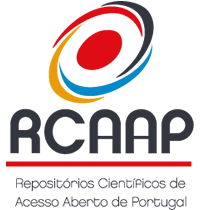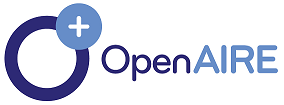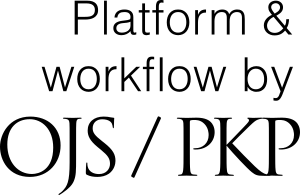Drug poisoning profile in Portugal: a special focus on antipsychotics
DOI:
https://doi.org/10.48797/sl.2023.64Keywords:
Selected Oral CommunicationAbstract
Background: Acute poisoning is a major public and preventable global health problem, contributing to morbidity and mortality in many parts of the world. Most patients with acute poisoning are treated as outpatients in hospital emergency departments. Acute poisoning occurs soon after exposure to either single or multiple toxic substances. Poisoning cases may be intentional or unintentional. Objective: The aim of the present study was to carry out a drug poisoning profile in Portugal with a special focus on the antipsychotic drugs. Methods: This work describes the retrospective and descriptive analysis of the information reported to Centro de Informação Antivenenos (CIAV) from 2019 to 2021 [1]. Data analysis focused on the main toxic involved in poisonings. Results: In Portugal there is a prevalence of non-intentional poisonings, affecting more adults than children, the overwhelming majority occurring by ingestion. The main agents involved were medicines (60.4%), domestic/industrial products (21.7), biocides/phytopharmaceuticals (5.6%), substances of abuse (5.5%) and cosmetics (2.7%). Regarding drug poisonings, it was verified that the pharmacotherapeutic groups most involved were anxiolytics and sedative-hypnotics (27.4%), antipsychotics (11.1%), antidepressants (10.5%), non-steroidal anti-inflammatory drugs (8.1%) and paracetamol (7.8%). There was an increasing trend of poisonings with Central Nervous System (CNS) drugs in these 3 years, from 44.2% and 64.6%. The antipsychotics occupied the second position, with emphasis for quetiapine. This drug has become widely used for a variety of indications because of its favorable side effectand safety profile. Patients with an acute overdose of quetiapine may demonstrate central nervous system depression, sinus tachycardia, prolonged QTc interval, hypotension, coma, and seizures [2]. Conclusions: Since drug intoxications representa public health problem, it is of utmost importance to highlight to the rational use of the medicines, namely CNS drugs, and therefore the need of the improvement in the prevention and education in this field is mandatory.
References
1. Serviço Nacional de Saúde, CIAV – Instituto Nacional de Emergência Médica, https://www.inem.pt/category/servicos/centro-de-informacao-antivenenos/
2. Chen, J.A.; Unverferth, K.M.; Cheung, E.H. Delayed-Onset Seizure in a Mild Quetiapine Overdose: Report of a Case and Review of the Literature. Case Rep. Psychiatry. 2018, 2018, 1-3.
Downloads
Published
How to Cite
Issue
Section
License
Copyright (c) 2023 A. R. T. S. Araújo, E. Gallardo, F. Rato

This work is licensed under a Creative Commons Attribution 4.0 International License.
In Scientific Letters, articles are published under a CC-BY license (Creative Commons Attribution 4.0 International License), the most open license available. The users can share (copy and redistribute the material in any medium or format) and adapt (remix, transform, and build upon the material for any purpose, even commercially), as long as they give appropriate credit, provide a link to the license, and indicate if changes were made (read the full text of the license terms and conditions of use).
The author is the owner of the copyright.









